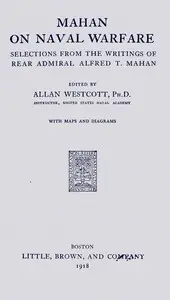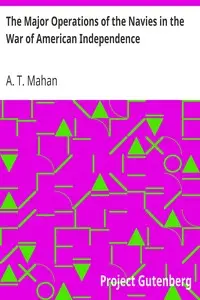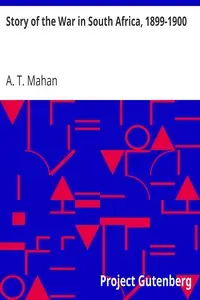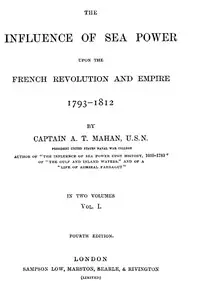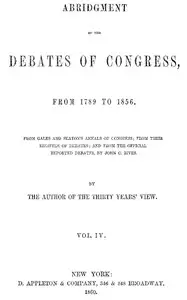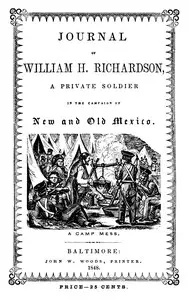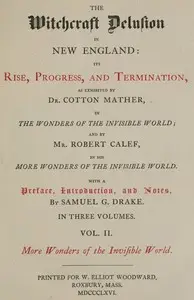"Lessons of the War with Spain and Other Articles" by A. T. Mahan is a late 19th-century historical analysis that looks at the military and naval aspects of the Spanish-American War to extract critical lessons for naval planning and national defense. The writing presents a strong case regarding fortifying the seas and the strategic importance of naval strength in contemporary warfare. The beginning of the book lays down the groundwork for Mahan's examination by describing the circumstances and reasons that led to the war, while recognizing the intricate nature of military maneuvers and tactics. He stresses how crucial it is for the public to generally grasp military and naval subjects because this understanding encourages a more knowledgeable and prepared society. Furthermore, Mahan examines the opening strategic choices taken during the conflict, especially those pertaining to resource distribution and targeting, pointing out how vital coastal defense is and how land forces and naval operations interact. Through these observations, the author hopes to improve knowledge of naval strategy and the urgent national need to preserve strong naval capabilities.

Lessons of the war with Spain and other articles
By A. T. (Alfred Thayer) Mahan
Explore a historical analysis of a 19th-century war, and how naval power and strategic decisions affected the outcome.
Summary
About the AuthorAlfred Thayer Mahan was a United States naval officer and historian, whom John Keegan called "the most important American strategist of the nineteenth century." His 1890 book The Influence of Sea Power Upon History, 1660–1783 won immediate recognition, especially in Europe, and with the publication of its 1892 successor, The Influence of Sea Power Upon the French Revolution and Empire, 1793–1812, he affirmed his status as a globally-known and regarded military strategist, historian, and theorist. Mahan's works encouraged the development of large capital ships — eventually leading to dreadnought battleships — as he was an advocate of the 'decisive battle' and of naval blockades. Critics, however, charged him with failing to adequately explain the rise of largely land-based empires, such as the German or Ottoman Empires, though Mahan did accurately predict both empires' defeats in World War I. Mahan directly influenced the dominant interwar period and World War II-era Japanese naval doctrine of the "decisive battle doctrine" , and he became a "household name" in Germany. He also promoted American control over Hawaii though he was "lukewarm" in regards to American imperialism in general. Four U.S. Navy ships have borne his name, as well as various buildings and roads; and his works are still read, discussed, and debated in military, historical, and scholarly circles.
Alfred Thayer Mahan was a United States naval officer and historian, whom John Keegan called "the most important American strategist of the nineteenth century." His 1890 book The Influence of Sea Power Upon History, 1660–1783 won immediate recognition, especially in Europe, and with the publication of its 1892 successor, The Influence of Sea Power Upon the French Revolution and Empire, 1793–1812, he affirmed his status as a globally-known and regarded military strategist, historian, and theorist. Mahan's works encouraged the development of large capital ships — eventually leading to dreadnought battleships — as he was an advocate of the 'decisive battle' and of naval blockades. Critics, however, charged him with failing to adequately explain the rise of largely land-based empires, such as the German or Ottoman Empires, though Mahan did accurately predict both empires' defeats in World War I. Mahan directly influenced the dominant interwar period and World War II-era Japanese naval doctrine of the "decisive battle doctrine" , and he became a "household name" in Germany. He also promoted American control over Hawaii though he was "lukewarm" in regards to American imperialism in general. Four U.S. Navy ships have borne his name, as well as various buildings and roads; and his works are still read, discussed, and debated in military, historical, and scholarly circles.

